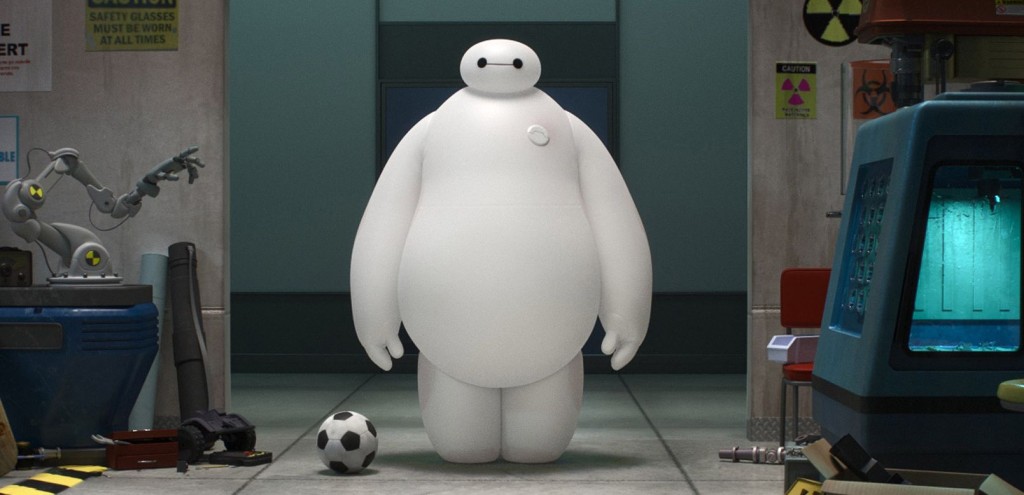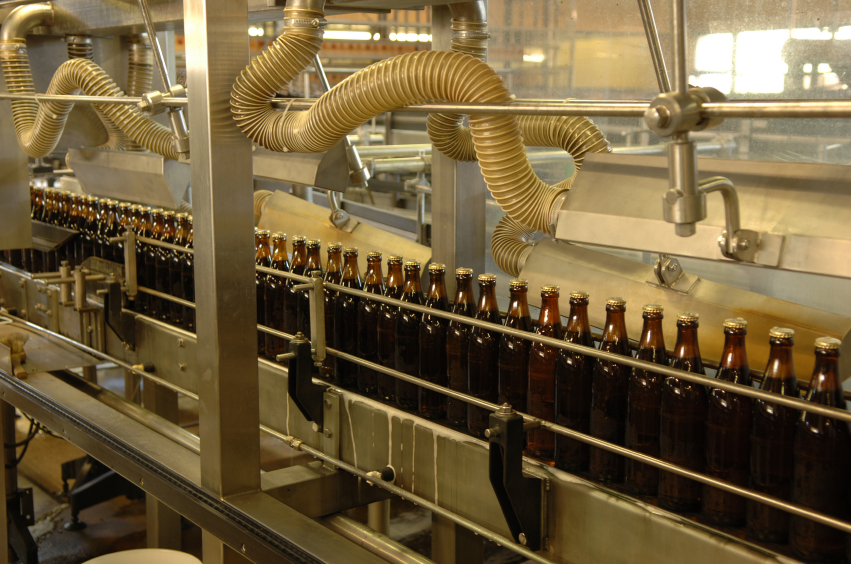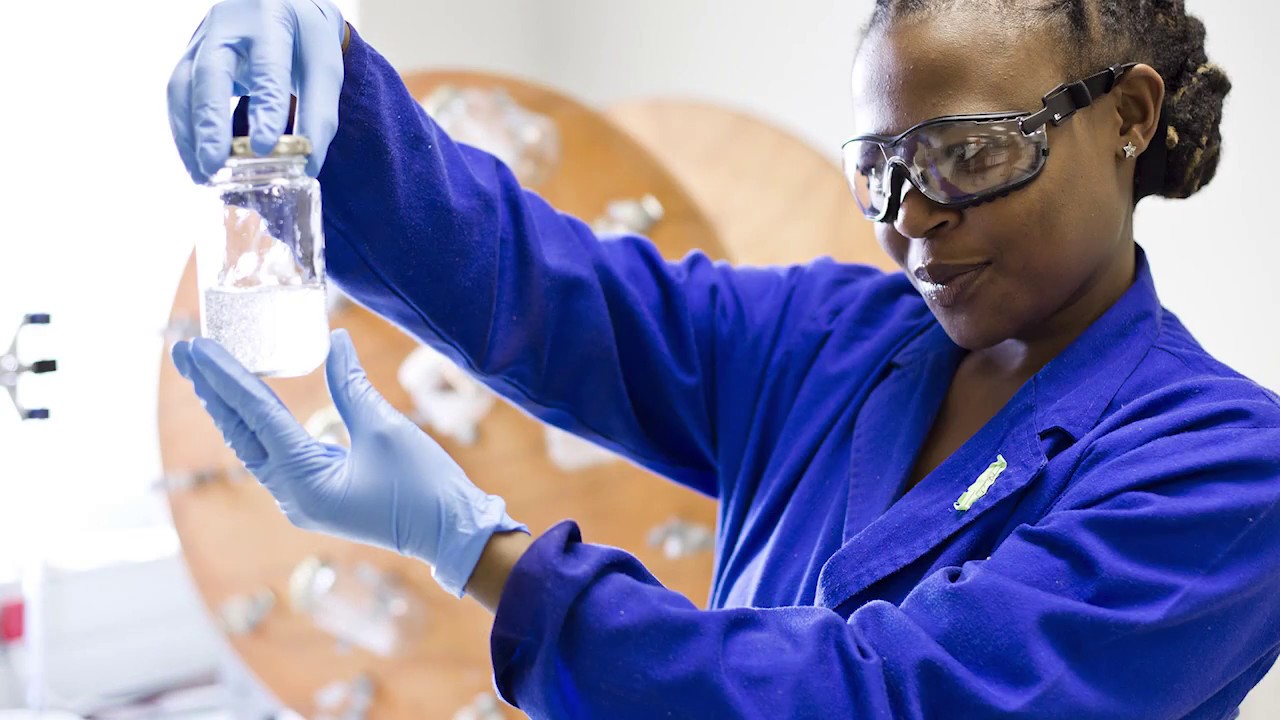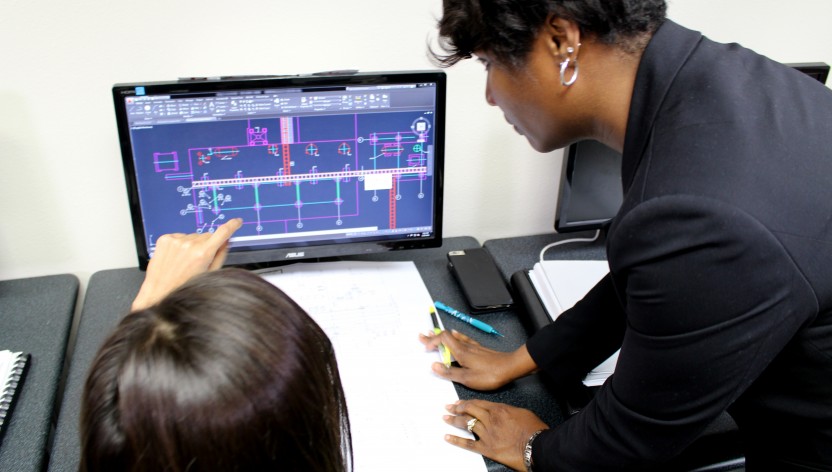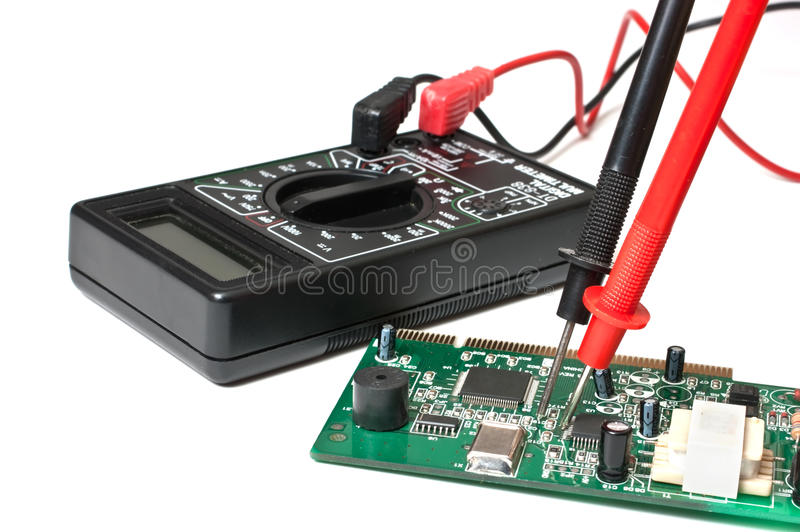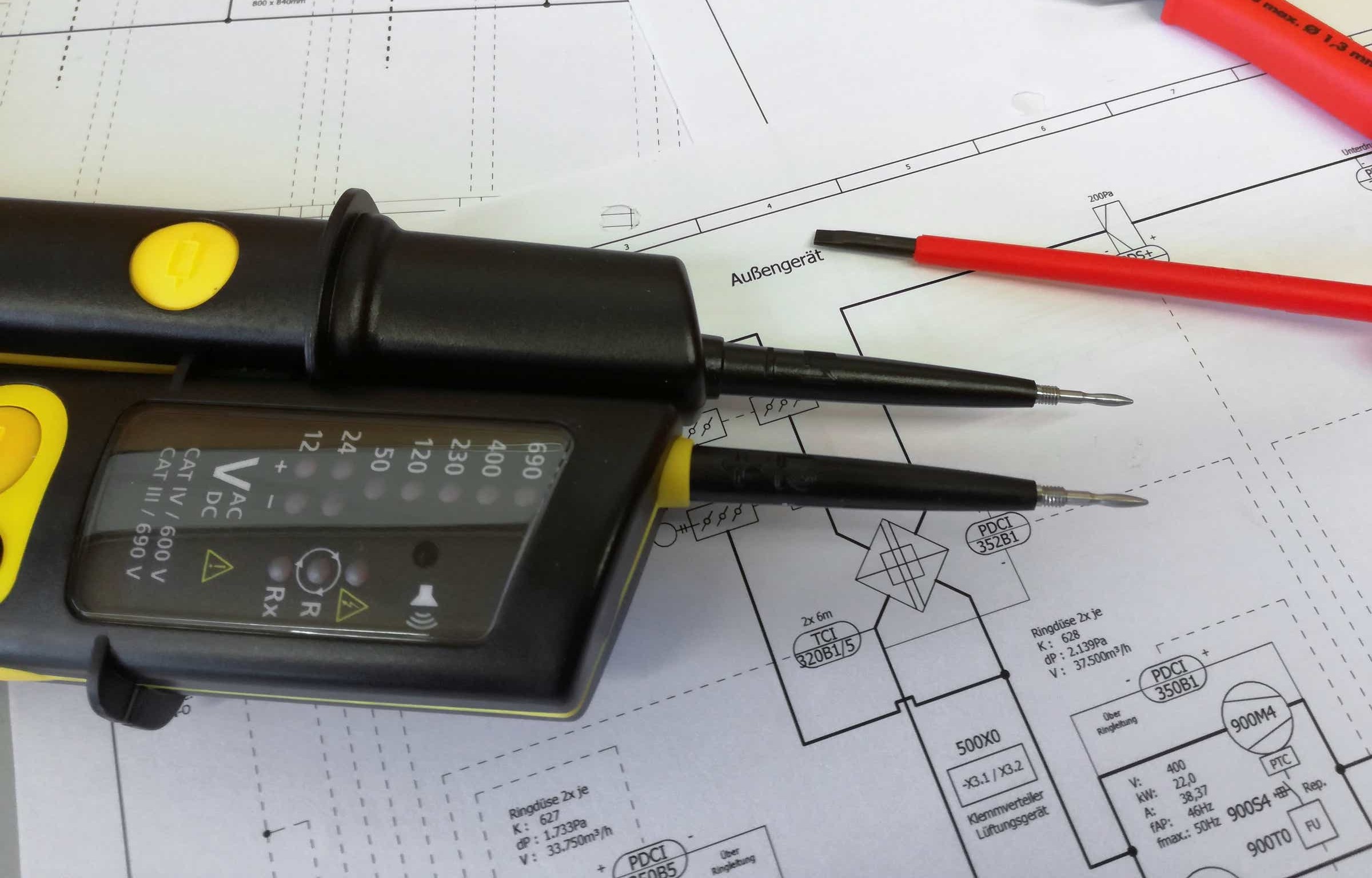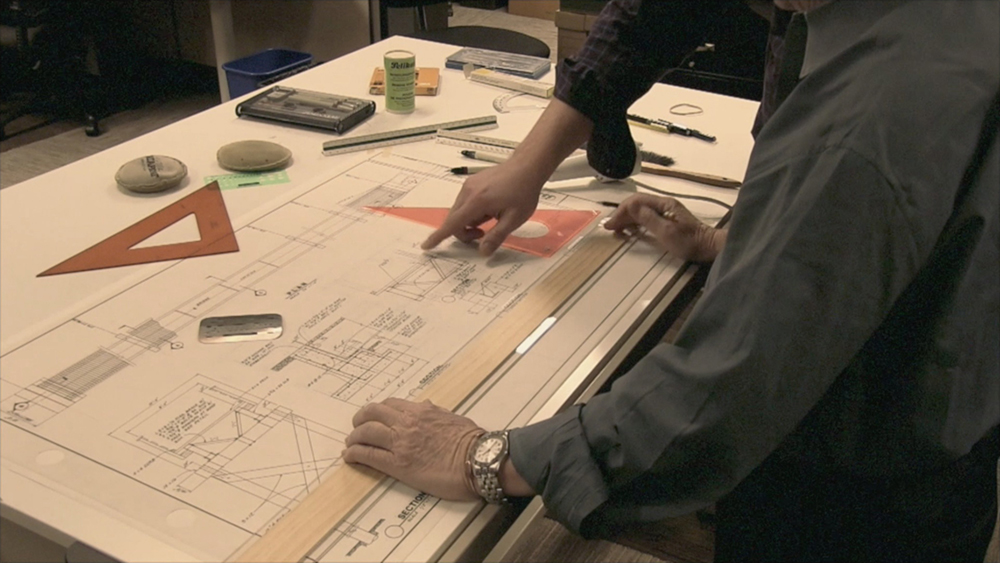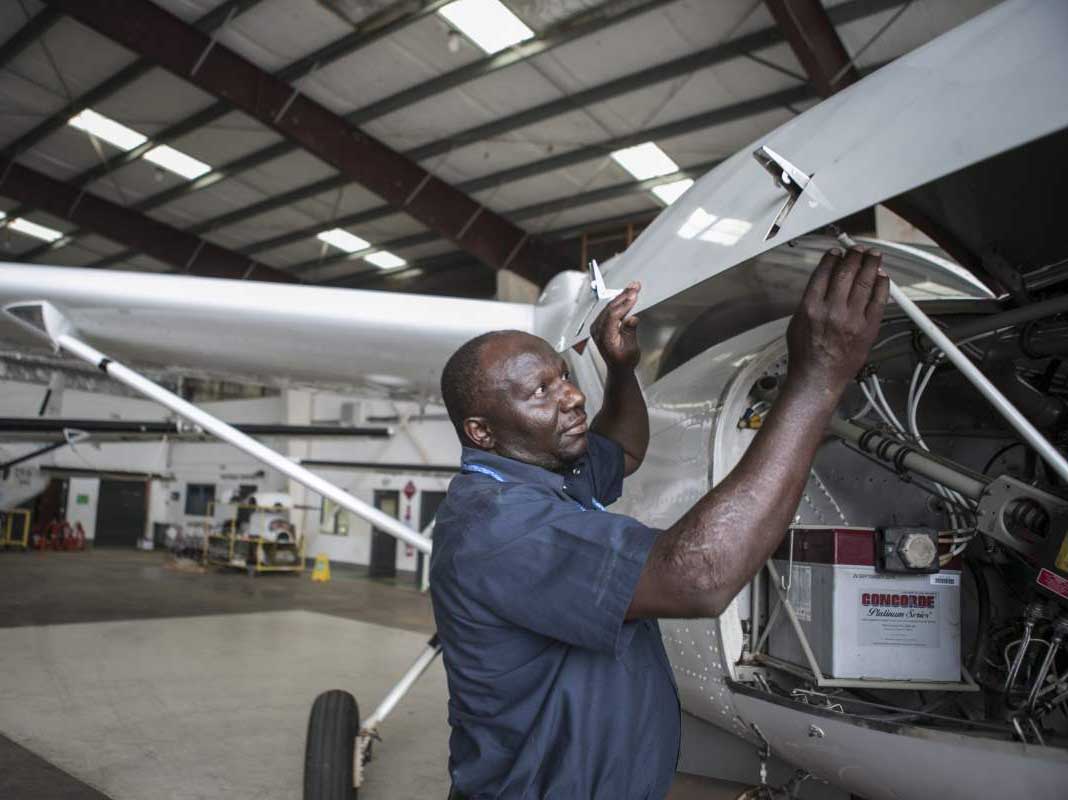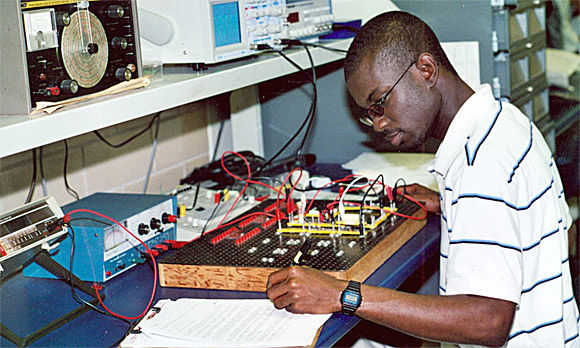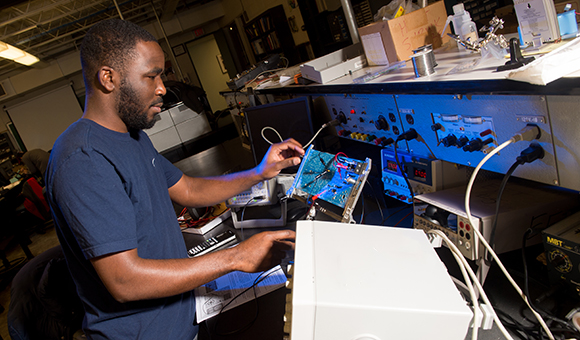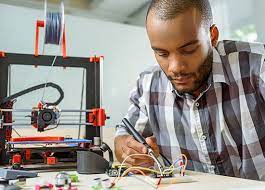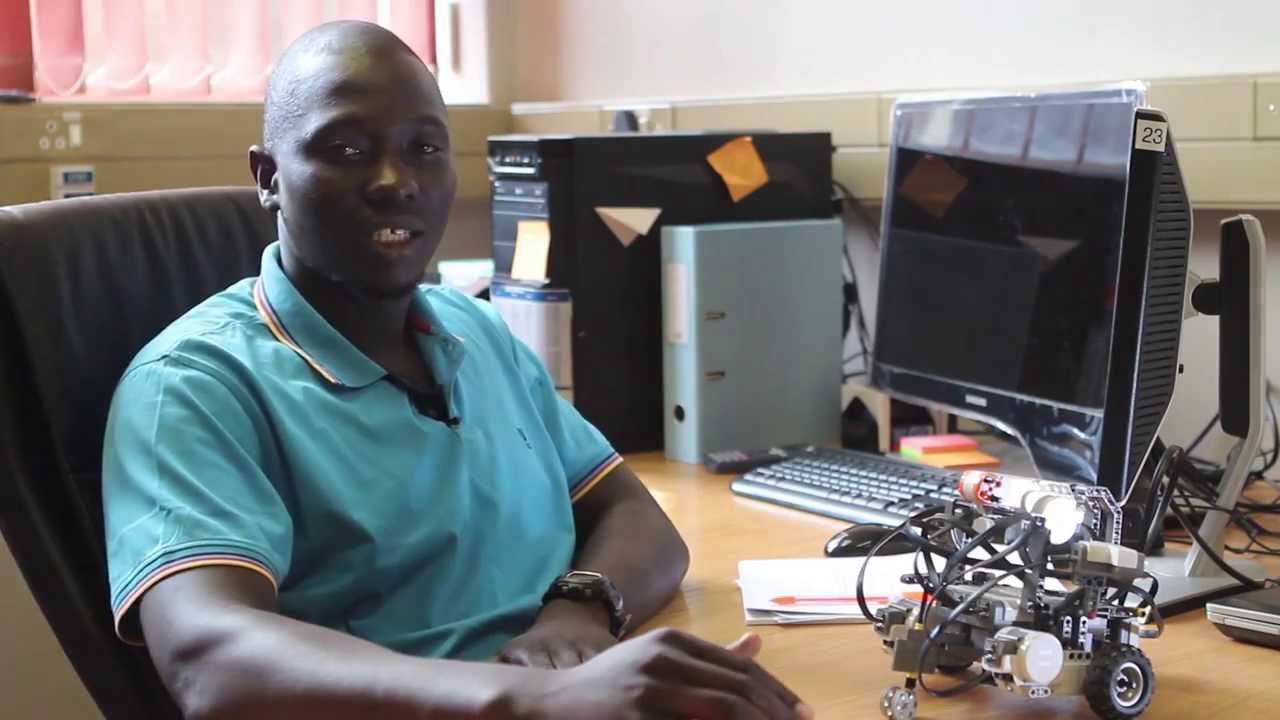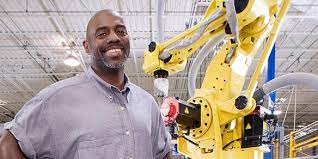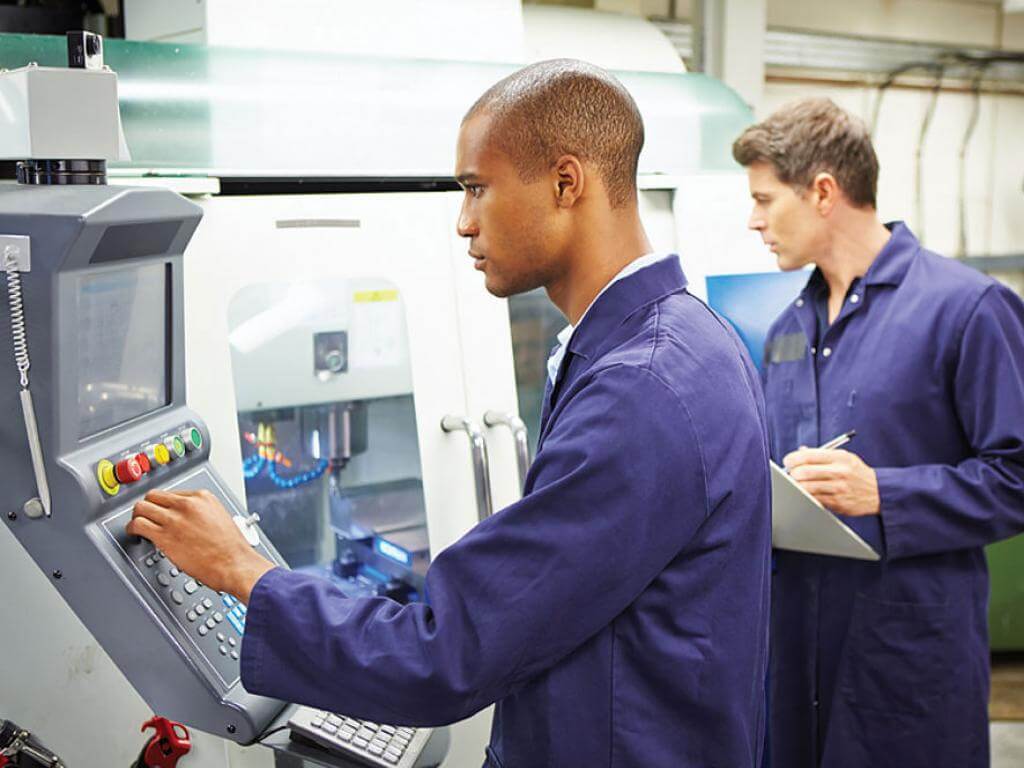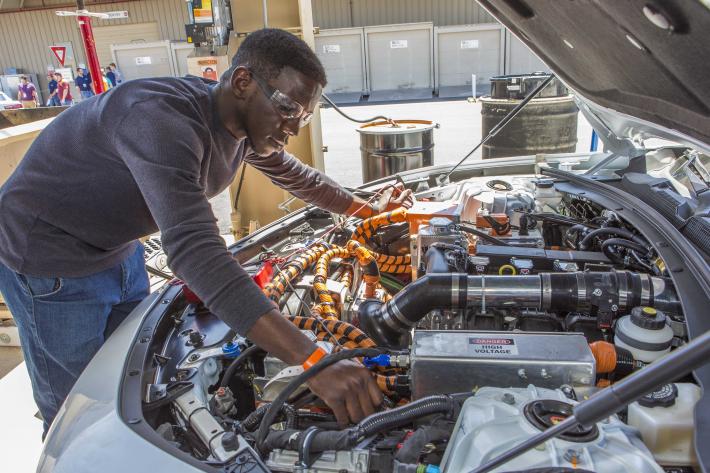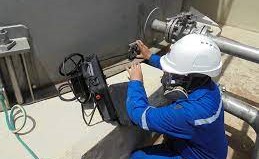Breaking News
- Ministry of Education and Sports Azerbaijan Government Scholarships For 2025-2026 Academic Year ...Read More
- Government Sponsorship Undergraduate Admission Lists 2025-26 for Makerere University ...Read More
- Ministry of Education And Sports: Egyptian Government Scholarships 2025-2026 Academic Year ...Read More
- Ground Breaker Full Scholarship for girls to study Software Engineering 2025 July Intake ...Read More
- Tony Elumelu Foundation Entrepreneurship Programme (TEEP) 2025 for young African Entrepreneurs ...Read More
- DESIGNING FUTURES 2050 International Design Competition 2025 (€15,000 prize) ...Read More
- Ground Breaker Full time Scholarship for girls to study Software Engineering 2025 Intake ...Read More
- Ministry of Education And Sports Algerian Vocational Training Scholarships for 2024-2025 AY ...Read More
- Ministry of Education and Sports Advert for the Algerian Government Scholarships for 2024-2025 ...Read More
- Uganda Dev Summit 2024 Live Stream ...Read More
Manufacturing Careers
Robotics engineer
Robotics engineers work in a subdiscipline of mechanical engineering. Their job is to design and maintain robots, and to create new applications for them and continually find new ways to expand their potential.
Know MoreQuality engineer
Quality engineers are in charge of monitoring the quality control of a company's products or services for their customers. This entails discovering different ways to lower production costs and finding different ways to improve the quality of a product.
Know MoreProduction engineer
A production engineer’s job is to apply principles of engineering, manufacturing technology and management science to the production process in order to make it as efficient as possible. The profession overlaps significantly with industrial and manufacturing engineering.
Know MoreOperations engineer
Operations engineers are responsible for ensuring that their client's manufacturing systems work properly, that they comply with safety regulations, and meet the specifications provided by senior management.
Know MoreChemical Technician
Conduct chemical and physical laboratory tests to assist scientists in making qualitative and quantitative analyses of solids, liquids, and gaseous materials for research and development of new products or processes, quality control, maintenance of environmental standards, and other work involving experimental, theoretical, or practical application of chemistry and related sciences.
Know MorePurchasing Agent, Except Wholesale, Retail, and Farm Products
Purchase machinery, equipment, tools, parts, supplies, or services necessary for the operation of an establishment. Purchase raw or semi-finished materials for manufacturing.
Know MoreElectrical and Electronics Drafter
Prepare wiring diagrams, circuit board assembly diagrams, and layout drawings used for the manufacture, installation, or repair of electrical equipment.
Know MoreElectronic Drafter
Draw wiring diagrams, circuit board assembly diagrams, schematics, and layout drawings used for manufacture, installation, and repair of electronic equipment.
Know MoreElectrical Drafter
Develop specifications and instructions for installation of voltage transformers, overhead or underground cables, and related electrical equipment used to conduct electrical energy from transmission lines or high-voltage distribution lines to consumers.
Know MoreMechanical Drafter
Prepare detailed working diagrams of machinery and mechanical devices, including dimensions, fastening methods, and other engineering information.
Know MoreAerospace Engineering and Operations Technician
Operate, install, calibrate, and maintain integrated computer/communications systems, consoles, simulators, and other data acquisition, test, and measurement instruments and equipment, which are used to launch, track, position, and evaluate air and space vehicles. May record and interpret test data.
Know MoreElectrical and Electronic Engineering Technician
Apply electrical and electronic theory and related knowledge, usually under the direction of engineering staff, to design, build, repair, calibrate, and modify electrical components, circuitry, controls, and machinery for subsequent evaluation and use by engineering staff in making engineering design decisions.
Know MoreElectronics Engineering Technician
Lay out, build, test, troubleshoot, repair, and modify developmental and production electronic components, parts, equipment, and systems, such as computer equipment, missile control instrumentation, electron tubes, test equipment, and machine tool numerical controls, applying principles and theories of electronics, electrical circuitry, engineering mathematics, electronic and electrical testing, and physics. Usually work under direction of engineering staff.
Know MoreElectrical Engineering Technician
Test or modify developmental or operational electrical machinery or electrical control equipment and circuitry in industrial or commercial plants or laboratories. Usually work under direction of engineers or technologists.
Know MoreElectro-Mechanical Technician
Operate, test, maintain, or calibrate unmanned, automated, servo-mechanical, or electromechanical equipment. May operate unmanned submarines, aircraft, or other equipment at worksites, such as oil rigs, deep ocean exploration, or hazardous waste removal. May assist engineers in testing and designing robotics equipment.
Know MoreRobotics Technician
Build, install, test, or maintain robotic equipment or related automated production systems.
Know MoreIndustrial Engineering Technician
Apply engineering theory and principles to problems of industrial layout or manufacturing production, usually under the direction of engineering staff. May perform time and motion studies on worker operations in a variety of industries for purposes such as establishing standard production rates or improving efficiency.
Know MoreMechanical Engineering Technician
Apply theory and principles of mechanical engineering to modify, develop, test, or calibrate machinery and equipment under direction of engineering staff or physical scientists.
Know MoreAutomotive Engineering Technician
Assist engineers in determining the practicality of proposed product design changes and plan and carry out tests on experimental test devices or equipment for performance, durability, or efficiency.
Know MoreNon-Destructive Testing Specialist
Test the safety of structures, vehicles, or vessels using x-ray, ultrasound, fiber optic or related equipment.
Know More


























